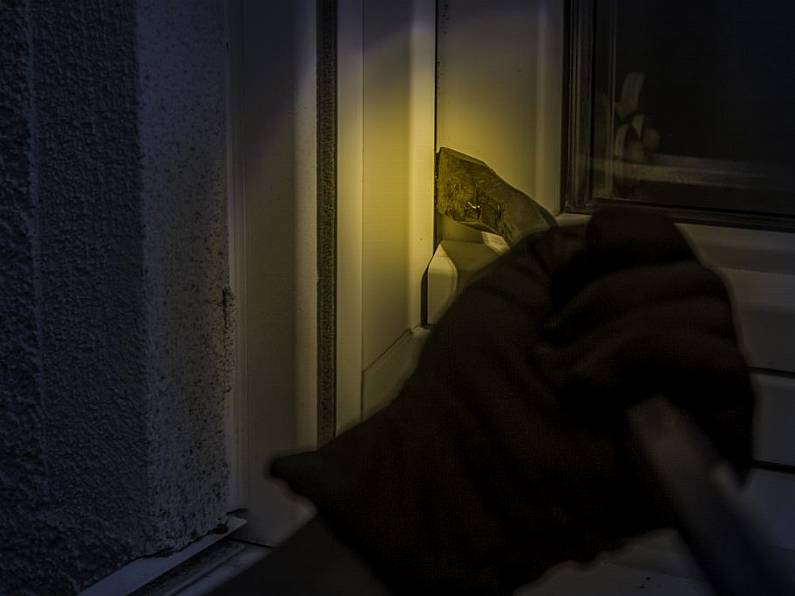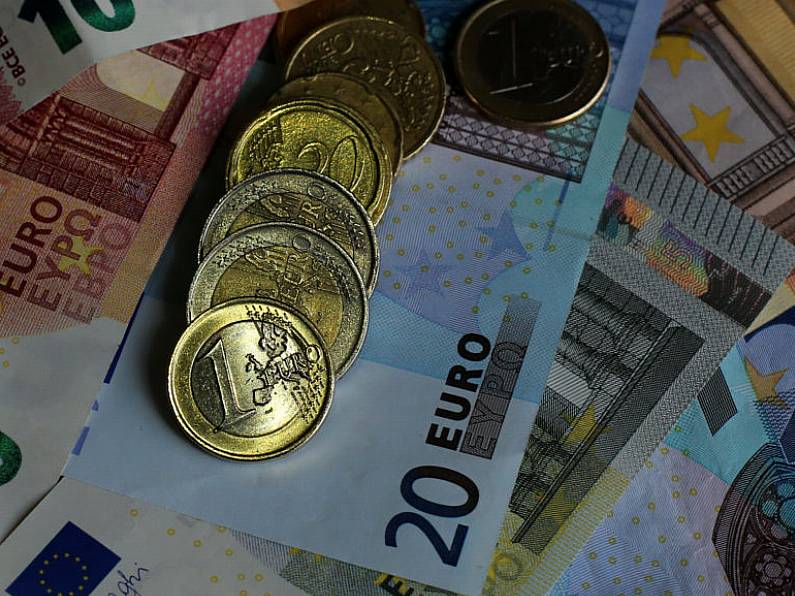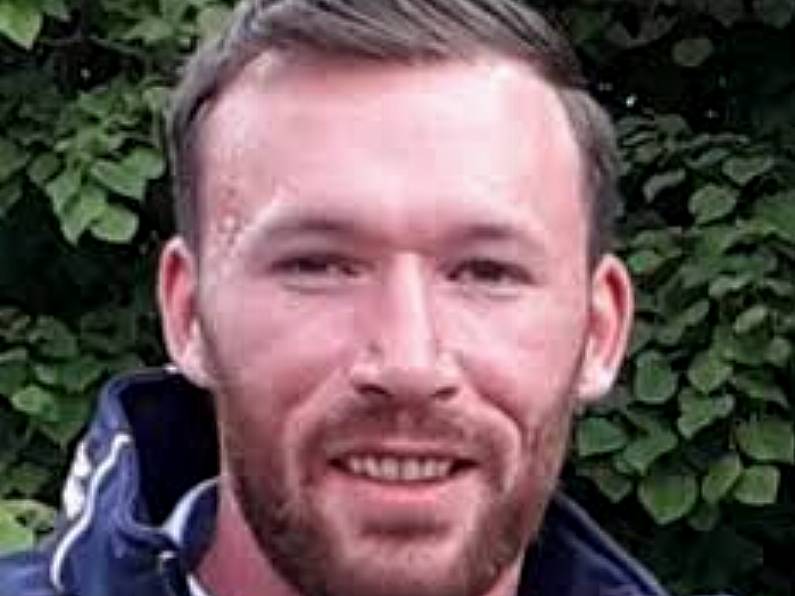By Pádraig Hoare
The gender pay gap of 14% means that women “effectively stop earning in mid-November” compared to men.
That is according to the charity Dress For Success Dublin, which is aimed at supporting women entering the workforce, as it launched its third annual #WorkEqual campaign.
The campaign aims to highlight the disparity in the average hourly earnings of men and women, said charity founder Sonya Lennon.
The designer said: “Ireland’s gender pay gap is 14%. This means women in Ireland effectively stop earning, relative to men, in mid-November each year.
[quote]This year, we’re designating November 13 as the day on which the gender pay gap kicks into effect. In essence, women then work for free for the rest of the year.[/quote]
The campaign will be supported through a number of public events and political engagements, said Ms Lennon, including an afternoon at Leinster House on November 13 to gauge political support.
The organisation is also launching a “pay disclosure pioneers” initiative, which will see leading businesses committing to early pay disclosure and advancement towards workplace equality, before legal requirement under new laws.
Ms Lennon said the gender pay gap is linked to a wide range of cultural, legal, social, and economic factors.
“It is a much more complex issue than the concept of equal pay for equal work. To truly tackle the gender pay gap, we need to look at cultural conditioning and stereotypes, childcare supports, equal parental leave, salary negotiation skills, and the barriers to women’s progression at all levels of their career,” she said.
Ms Lennon said Dress for Success will be travelling to Brussels to brief MEPs and European Commission representatives on the #WorkEqual campaign, and to research best-practice policies that have been implemented in other EU member states.
It comes as a report by Dublin and Massachusetts-based software firm Globoforce found Irish women are less likely to receive a bonus than men.
The report, which surveyed more than 3,600 people in the US, UK, Canada, and Ireland found 70% of men are more likely to agree that they are paid fairly, compared to 61% of women.
In the US, Canada, the UK, and Ireland, half of the women surveyed said they did not receive a bonus, compared to 39% of men.
A Social Justice Ireland report earlier this year found the Republic of Ireland to be one of the worst countries in Europe for gender equality in senior management roles.






